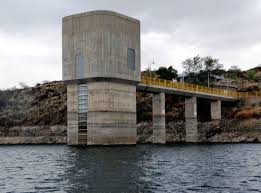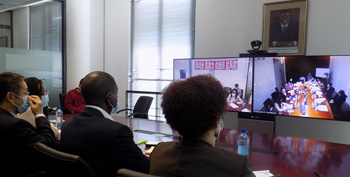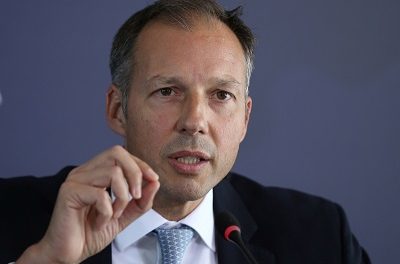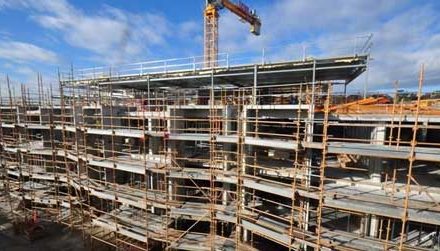
Sweden funds Namibia’s first R&D report in ten years

By Freeman Ya Ngulu.
The National Research & Experimental Development Survey 2021/2022 Report was unveiled by the National Commission on Research, Science & Technology earlier this week on 29 April 2024. The last R&D Survey report dates from 2013/2014.
Commission Chief Executive, Prof Anicia Peters, noted that the report is to be produced annually, but due to a lack of funding, it could not be produced since 2014. “The work for this survey and report was overseen by Gernot Piepmeyer, Manager: Policies, Programme Development and Councils Service at the Commission and he also secured the funding for it.”
The funding came from the Swedish International Development Agency (SIDA). The work was done in collaboration with the Ministry of Higher Education, Technology and Innovation, and the University of Namibia. The Namibia Statistics Agency (NSA) certified the data and the report.
The total number of researchers more than doubled to 3439 (49.5% female), and full-time equivalent researchers also increased to 887 (47.5% female). Full-time R&D technicians declined from 150 to 91, which is a great concern. 83% of the researchers are Namibian, and 17% are foreign researchers. However, most are early-career researchers between the ages of 24 and 35, with master’s degrees (41.2%), doctoral degrees (22.5%), and bachelor’s degrees (19.5%).
Agricultural Sciences had the largest portion of R&D investment at 29.4%, with the largest agricultural investment in forestry and fisheries, while Business Enterprises invested mostly in crop and animal production R&D. Natural Sciences and Social Sciences followed with the second and third-highest investments. The lowest R&D investment was in Engineering and Technology, Medical and Health Sciences, and the Humanities.
The significant increase in Gross Domestic Expenditure on R&D (GERD) includes expenditure on research and development by business enterprises and higher education. The government registered a significant decrease from 46% to a mere 3.3%.
For socio-economic objectives, Transport, Telecommunications, and Infrastructure have a low R&D investment, while Agriculture and Environment had the highest R&D investment.
The event was graced by Prof Jacob Nyambe, the Chairperson of the Board of Commissioners and Dr Lisho Mundia, who delivered a speech on behalf of Dr Itah Kandjii Murangi, the Minister of Higher Education, Technology, and Innovation. The Commission’s Dr Nhlanhla Lupahla served as the Director of Ceremonies.













































